FTC To Appeal Microsoft-Activision Merger Decision
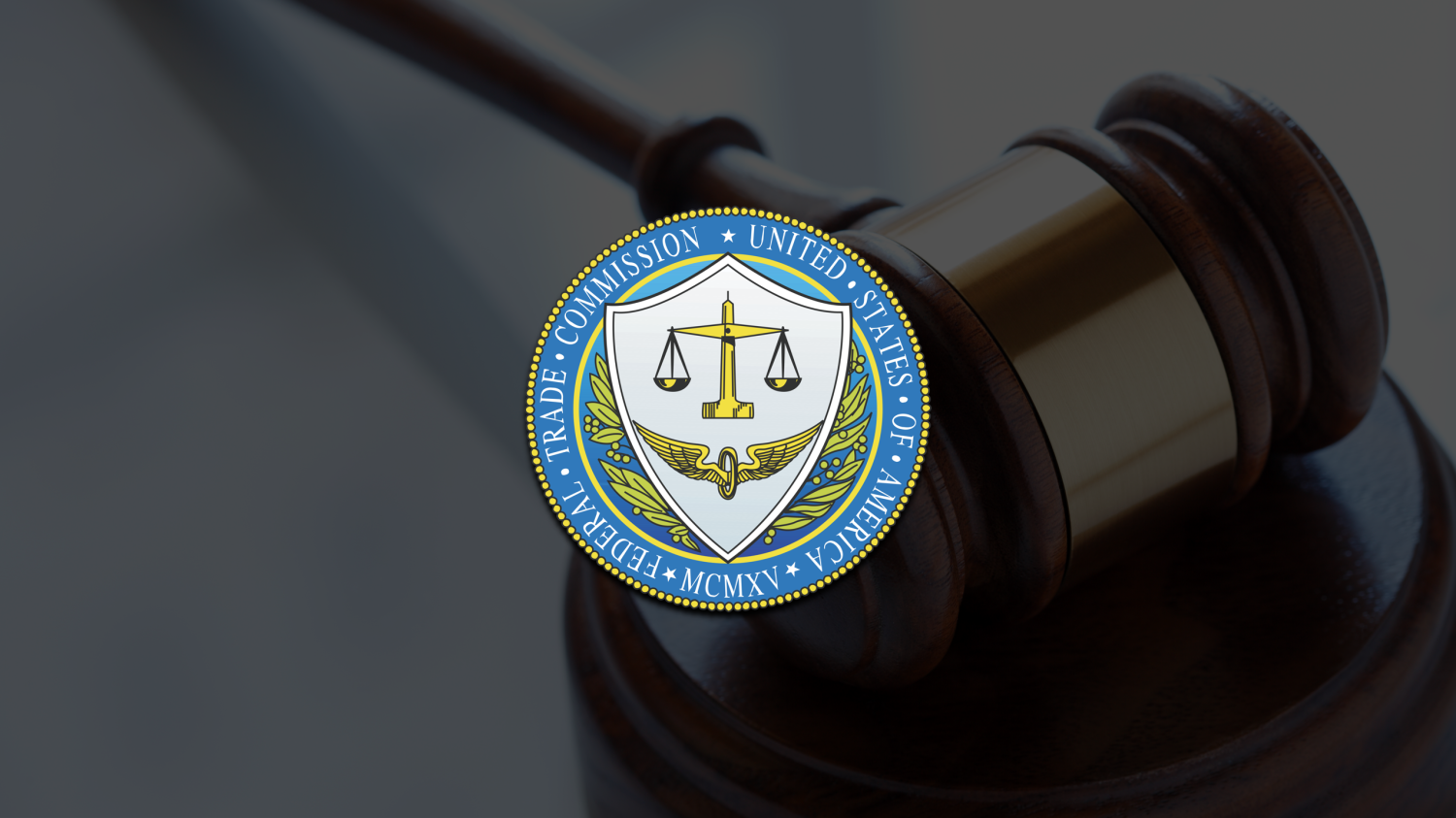
Table of Contents
The FTC's Arguments Against the Merger
The FTC's opposition to the Microsoft-Activision Blizzard merger centers on two primary concerns: market dominance and stifled innovation.
Concerns about Market Domination
The FTC argues that the merger would grant Microsoft an unassailable position in the video game market, particularly citing the immensely popular Call of Duty franchise as a crucial element in this potential monopoly.
- Microsoft's potential to make Call of Duty exclusive to Xbox consoles: This would significantly disadvantage PlayStation, PC, and Nintendo Switch players, potentially driving them to switch platforms or abandon the franchise altogether.
- The impact on other gaming platforms: The FTC fears that Microsoft could leverage Call of Duty's popularity to coerce other game developers into exclusive deals, further consolidating its power and limiting consumer choice. This would affect not only the availability of games but potentially pricing and in-game purchases as well.
- The FTC's assessment of Microsoft's market power: The commission's analysis suggests Microsoft's market power would significantly increase, potentially leading to anti-competitive practices that harm both consumers and smaller developers. This includes potential price hikes and reduced innovation across the board.
Stifling Innovation and Competition
Beyond market dominance, the FTC believes the merger would stifle innovation and reduce consumer choice, ultimately leading to higher prices and fewer high-quality games.
- The argument that the merger would remove a significant competitor from the market: Activision Blizzard is a major player in the industry, and its removal as an independent entity would reduce competition, allowing Microsoft to dictate terms to remaining developers.
- The potential for Microsoft to leverage its market power to dictate terms to developers and publishers: This could involve unfavorable licensing agreements, forcing developers to prioritize Microsoft platforms, and limiting the creativity and diversity of the gaming landscape.
- The FTC’s analysis of the long-term effects on the gaming ecosystem: The FTC predicts that reduced competition would lead to a less dynamic and innovative gaming market, potentially harming consumers in the long run. This analysis considers not only established companies but also smaller, innovative studios which might be squeezed out of the market.
The Court's Decision and the FTC's Appeal
The initial court decision allowed the merger to proceed, largely dismissing the FTC's concerns.
The Judge's Ruling
The judge's ruling primarily focused on the lack of sufficient evidence to demonstrate that the merger would substantially lessen competition.
- Key arguments presented by Microsoft during the trial: Microsoft argued that making Call of Duty exclusive would be financially damaging and that they had no intention of doing so. They also presented evidence of their ongoing commitment to cross-platform gaming.
- The judge's assessment of the evidence presented by both sides: The judge seemed to favor Microsoft's arguments, finding the FTC's evidence insufficient to prove a substantial lessening of competition.
- Specific points of contention addressed in the ruling: The ruling addressed the issue of Call of Duty's exclusivity, ultimately concluding that there wasn't enough concrete evidence to support the FTC’s claims.
The FTC's Rationale for Appeal
Despite the initial court loss, the FTC maintains its stance and has appealed the decision.
- Mention any specific legal points of contention: The FTC likely disagrees with the judge's interpretation of antitrust law and believes the evidence presented was sufficient to prevent the merger. They may argue that the judge did not give enough weight to certain points in the FTC’s evidence.
- Highlight the FTC's commitment to protecting competition in the gaming industry: The appeal underscores the FTC's dedication to maintaining a competitive and innovative gaming market, preventing monopolies that could harm consumers.
- Explain the process and timeline of the appeal: The appeal process will involve further legal arguments and potentially more court hearings, extending the timeline and adding more uncertainty to the merger's future.
Potential Outcomes and Implications
The FTC Activision Blizzard merger appeal presents several potential outcomes.
Scenarios Following the Appeal
Several scenarios could unfold following the appeal:
- The implications of a successful appeal for Microsoft: A successful appeal could force Microsoft to abandon the acquisition or renegotiate significantly altered terms. This could involve divesting from certain Activision Blizzard properties.
- The potential consequences for Activision Blizzard: A failed appeal could lead to uncertainty for the company’s future, impacting employee morale and ongoing projects.
- The impact on the broader gaming market and consumers: The outcome will have far-reaching consequences for competition, pricing, and the overall gaming experience.
Long-Term Effects on the Gaming Industry
The long-term effects of this legal battle could reshape the gaming landscape:
- Discussion of potential changes in regulatory oversight of mergers and acquisitions in the tech sector: This case could set a precedent for future mergers and acquisitions in the tech sector, influencing how regulatory bodies approach similar deals.
- The influence on future game development strategies by major players: The outcome could influence the strategies of other major players, impacting how they approach mergers, acquisitions, and the development of exclusive content.
- The overall impact on the competitive landscape of the gaming industry: This case could set a precedent affecting the balance of power, potentially increasing or reducing competition within the gaming industry.
Conclusion
The FTC Activision Blizzard merger appeal is a pivotal moment for the gaming industry. The outcome will profoundly impact competition, innovation, and the overall player experience. The FTC's appeal demonstrates the importance of regulatory oversight in ensuring fair competition within the tech sector. The resolution of this legal battle will not only determine the fate of the Microsoft-Activision Blizzard merger but also shape the future of the gaming industry for years to come. Stay informed on the latest developments regarding the FTC Activision Blizzard merger appeal and its impact on the gaming landscape.

Featured Posts
-
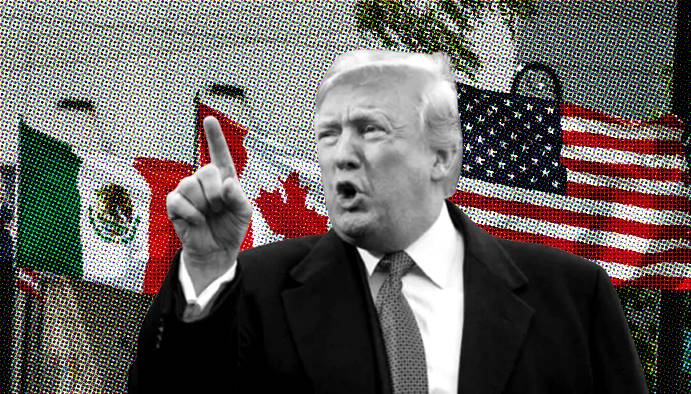 Trumps Trade War With China Examining The Consequences Of Tariffs On The Us Economy
Apr 29, 2025
Trumps Trade War With China Examining The Consequences Of Tariffs On The Us Economy
Apr 29, 2025 -
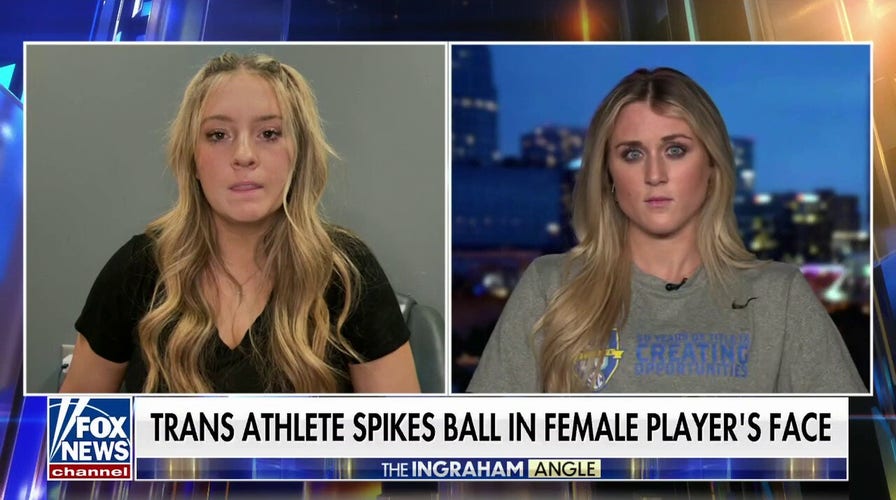 Trumps Transgender Athlete Ban Us Attorney General Issues Minnesota Warning
Apr 29, 2025
Trumps Transgender Athlete Ban Us Attorney General Issues Minnesota Warning
Apr 29, 2025 -
 Fealyat Fn Abwzby Tbda 19 Nwfmbr
Apr 29, 2025
Fealyat Fn Abwzby Tbda 19 Nwfmbr
Apr 29, 2025 -
 Willie Nelsons 4th Of July Picnic Returns To Texas
Apr 29, 2025
Willie Nelsons 4th Of July Picnic Returns To Texas
Apr 29, 2025 -
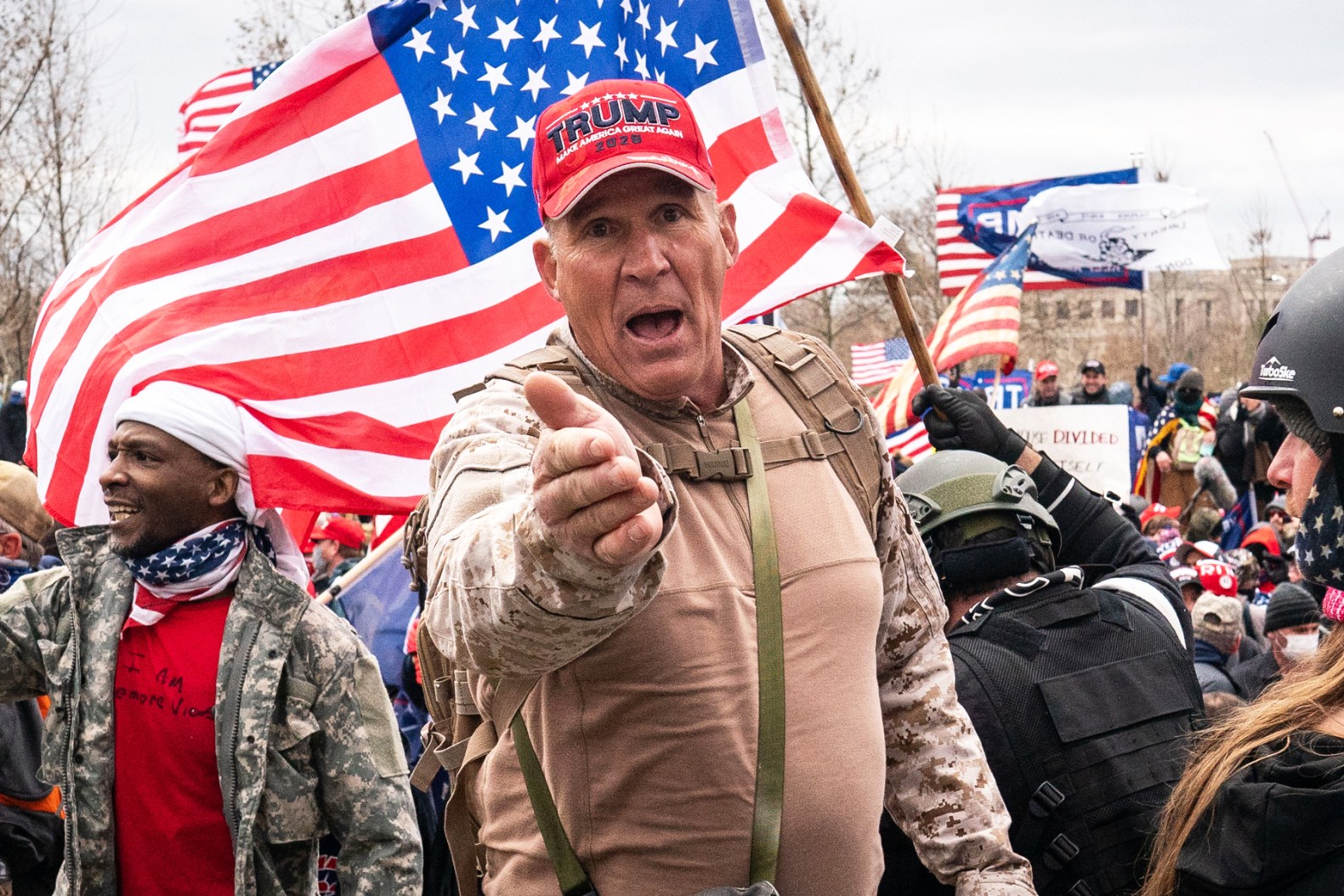 Jan 6th Conspiracy Theories Ray Epps Sues Fox News For Defamation
Apr 29, 2025
Jan 6th Conspiracy Theories Ray Epps Sues Fox News For Defamation
Apr 29, 2025
Latest Posts
-
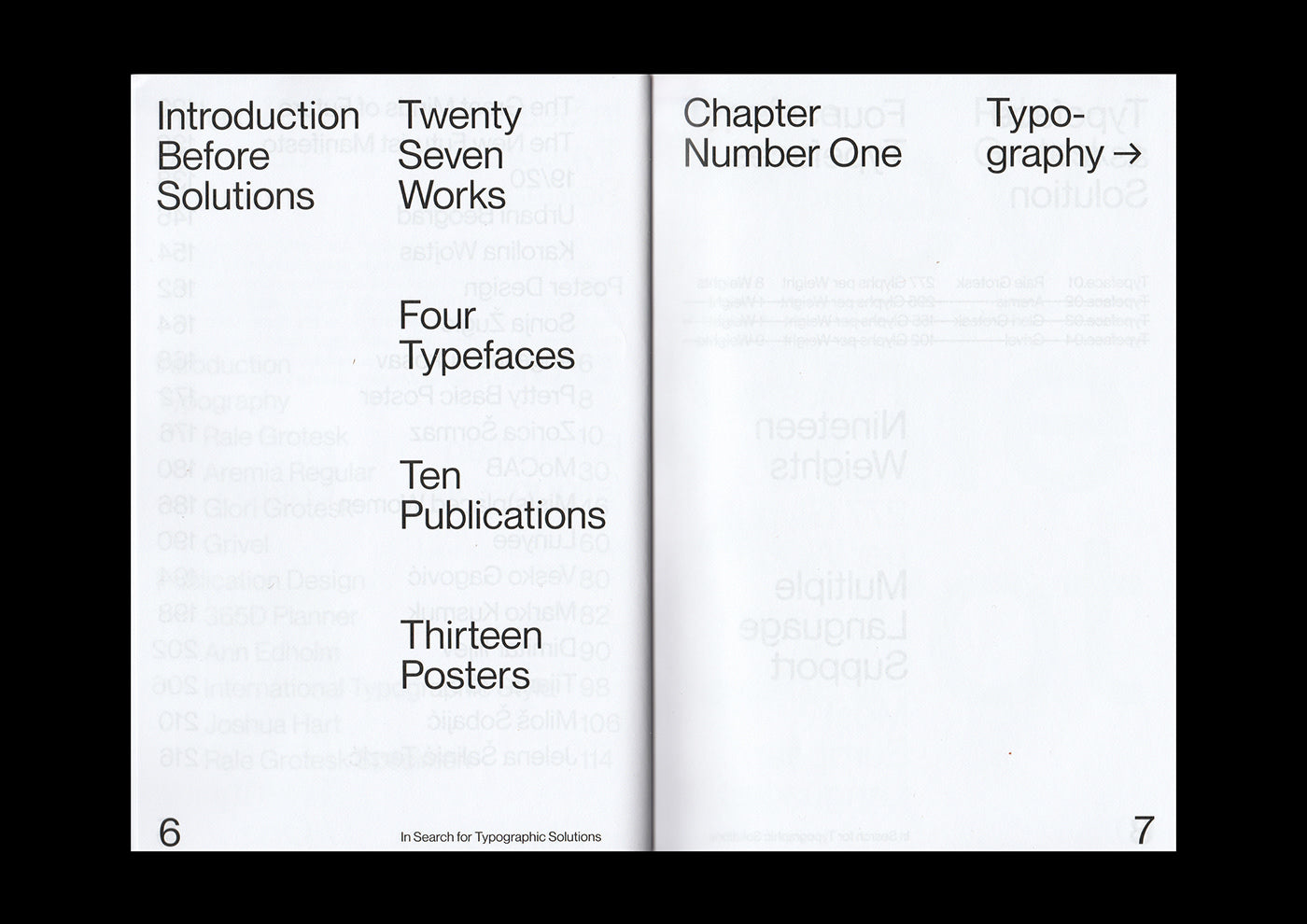 Nyt Spelling Bee February 10 2025 Complete Solutions And Pangram
Apr 29, 2025
Nyt Spelling Bee February 10 2025 Complete Solutions And Pangram
Apr 29, 2025 -
 Nyt Spelling Bee Pangram March 13 2025
Apr 29, 2025
Nyt Spelling Bee Pangram March 13 2025
Apr 29, 2025 -
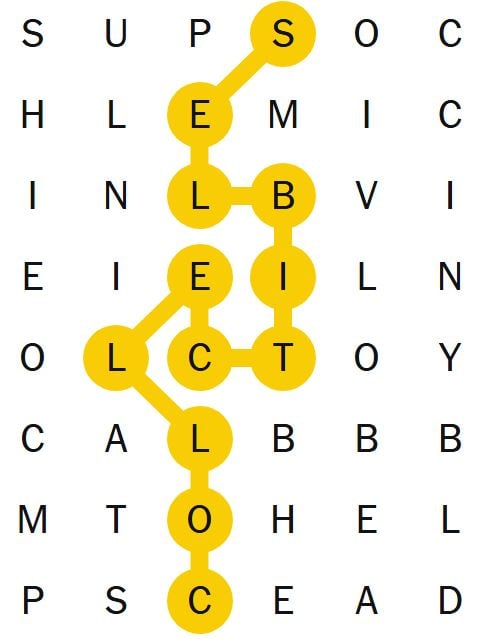 Nyt Spelling Bee February 10 2025 Solutions Answers And Pangram
Apr 29, 2025
Nyt Spelling Bee February 10 2025 Solutions Answers And Pangram
Apr 29, 2025 -
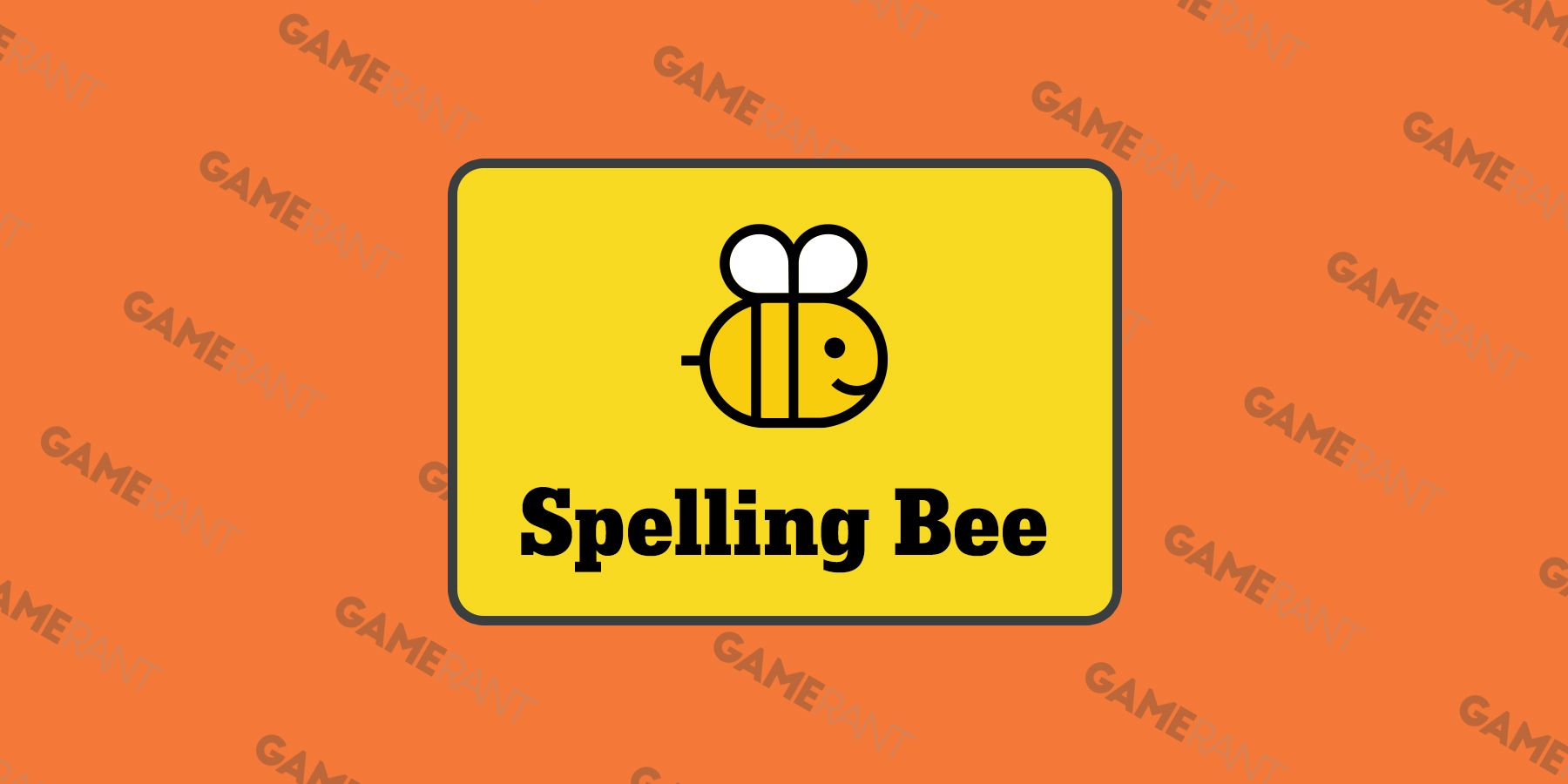 Nyt Spelling Bee Answers For March 13 2025
Apr 29, 2025
Nyt Spelling Bee Answers For March 13 2025
Apr 29, 2025 -
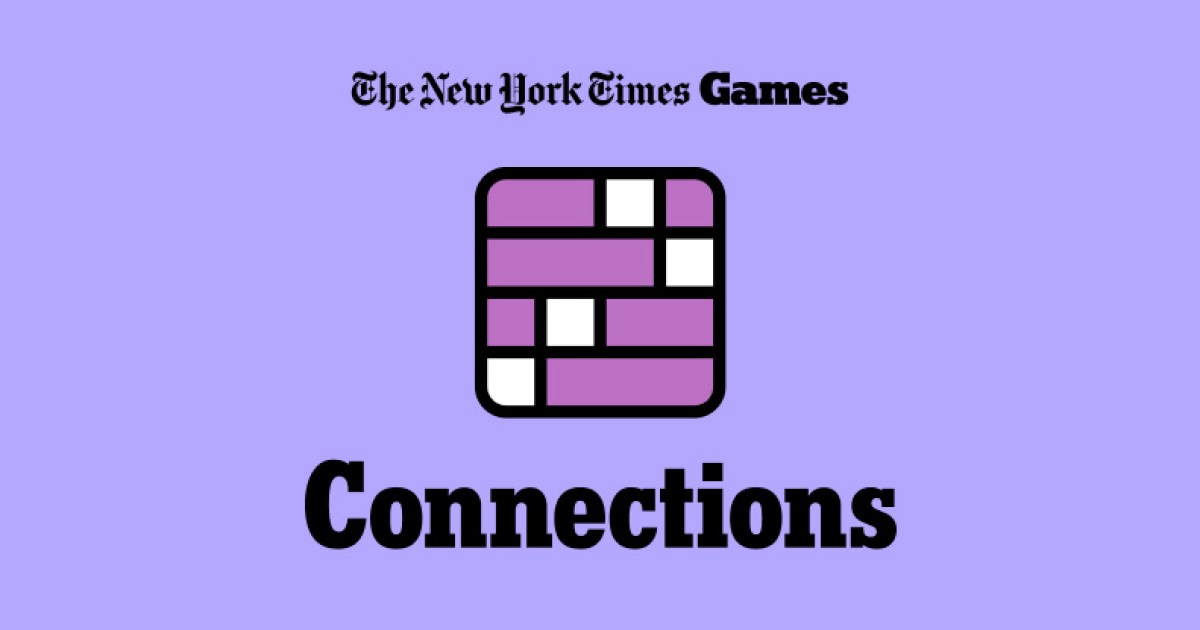 Nyt Spelling Bee March 13 2025 Clues Answers And Pangram
Apr 29, 2025
Nyt Spelling Bee March 13 2025 Clues Answers And Pangram
Apr 29, 2025
